Post-show talks
Moderated by Carla Fernandes
In 2021, the Alkantara Festival keeps the conversation going with a series of post-show talks.
In addition to exchanging experiences and ideas about the creative process, the invitation here is to participate in a shared reflection on the issues tackled in this year's programme. Each conversation is an opportunity to recognise and amplify the diverse perspectives of audiences, artists, and guests. What questions might arise from the performances and this meeting of people with similiar or dissimilar social, cultural, political, and geographical experiences?
The talks, moderated by the journalist Carla Fernandes, will feature some our this year's festival artists in conversation with local guest artists.
Programme
14 November, following Chiara Bersani's Gentle Unicorn
Talk with Chiara Bersani and Diana Niepce, moderated by Carla Fernandes
Teatro Nacional D. Maria II -- Sala Estúdio, after the performance
In English
15 November, following Cherish Menzo's Jezebel
Talk with Cherish Menzo and Chong Kwong, moderated by Carla Fernandes
Centro Cultural Belém - Black Box, after the performance
In English
19 November, following Gabriela Carneiro da Cunha's Altamira 2042
Talk with Gabriela Carneiro da Cunha, Raimunda Gomes da Silva and Rita Natálio, moderated by Carla Fernandes
Teatro Bairro Alto, after the performance
In Portuguese
25 November, following Ali Chahrour's Told by my mother
Talk with Ali Chahrour and Shahd Wadi, moderated by Carla Fernandes
Teatro Nacional D. Maria II - Sala Garrett, after the performance
In English
26 November, following Sonya Lindfors's Cosmic Latte
Talk with Sonya Lindfors and Melissa Rodrigues, moderated by Carla Fernandes
Teatro Bairro Alto, after the performance
In English and Portuguese
28 November, following Francisco Camacho's VELHⒶS
Talk with Francisco Camacho, some of the performers, and Suzanne Martin, moderated by Carla Fernandes
São Luiz Teatro Municipal - Sala Luis Miguel Cintra, after the performance
In English
About the moderator and guests
Carla Fernandes is Angolan, a translator, journalist and cultural activist. Creator of the Podcast Rádio Afrolis and founder of Afrolis - Cultural Association, two platforms dedicated to the narratives of Black people living in Lisbon. Organiser and co-author of the poetry collection Djidiu a Herança do Ouvido - Doze forma mais uma de se falar da experiência negra em Lisboa (2018). Author of the 10-episode radionovela, It takes a village (2018) produced by the German broadcaster Deutsche Welle. Official translator, in Portugal, of The Hill We Climb, Change Sings and Call Us What We Carry: Poems, by Amanda Gorman.
Chong Kwong is one of the most prominent names in Portuguese hip hop. With roots in Cape Verde, Mozambique, São Tomé e Príncipe, China and East Timor, the afro-asian rapper started working on her own music at 14 years old as an escape to the reality at home and a way to verbalise her emotions. It all started with her connection to Margem Sul, the place where she got to know hip hop and where she felt at home for te first time. The name Chong Kwong is a family surname, which brings a greater meaning to the legacy that the artist is creating. Chong Kwong released five singles and is now preparing her debut album, "Filha da Mãe", which will be out in the beginning of 2022.
Diana Niepce is a Portuguese artist who investigates language and hybridism as a political action. It seeks to reformulate the identity of the performative body through its mutation, intimacy and experimentalism outside the norm.
Melissa Rodrigues (Praia, Cape Verde, 1985) is a performer, art educator and curator. She has a degree in Anthropology from UNL/FCSH and a postgraduate degree/specialization studies in Performance at FBAUP. As a researcher in Performance and Visual Culture, Melissa has developed research on Image and Representation of Black Bodies in collaboration with visual artists, social scientists and performers. She is a member of Associação Cultural Rampa, InterStruct Collective, Núcleo Anti-Racista do Porto and UNA - União Negra das Artes.
Raimunda Gomes da Silva was born in a community which lives by the banks of the Parnaíba river, in the Brazilian state of Maranhão. She kept living next to the margins of rivers, spending her youth by the Pindaré-Mirim river, in the baixada Maranhense region. She married João da Silva, a worker in the construction of dams, and they moved close to the Tocantins river and from there to the margins of the Itacaiúnas river, Marabá, in the southwest of the Pará state. Today they live by the Xingu river. She is the chair of the Collective Mulheres do Xingu (Women of Xingu), and also part of the Movement Xingu Vivo para Sempre and the Ribeirinho do Xingu Council.
Rita Natálio is an artist and researcher. Non-binary lesbian. Their spaces of practice connect poetry, performance and anthropology, with a focus on the relationship between art and the anthropocene, and its impact on the connections between art, politics and ecology. Based on their PhD research, Natálio has done a series of performance-conferences, among them “Antropocenas” (2017) with João dos Santos Martins, “Geofagia” (2018) and “Fóssil” (2020). In 2019, they were part of a curatorial group, fostered by Ailton Krenak, who organised “Ameríndia: paths of the indigenous film in Brazil” at the Calouste Gulbenkian Foundation, a programme that brought 5 indigenous filmmakers to Portugal and screened over 30 films of indigenous production. Since 2020, they coordinate the project "Earthways", a network that organises residency programmes and commissions artistic research enabling artists, scientists and activists to come together to address socio-environmental conflicts in diverse territorial contexts in Portugal.
Shahd Wadi is Palestinian among other possibilities, but the freedom is mostly Palestinian. She tries to find freedom also in what she does, travelling between research, translation, writing, curation and art consultancy. She sought her resistance through her PhD thesis in Feminist Studies at the University of Coimbra in Portugal, which was published in a book entitled “Bodies in a Bundle: Artistic-Life-Stories of Palestinian Women in Exile” (2017). She was the first in Portugal to receive a degree in this field. She was nominated to be part of the platform of Best European Young Researcher. In her research she addresses the artistic body narratives in the context of the Israeli occupation of Palestine. She considers art a life testimony, also her own.
Susanne Martin is a Berlin-based choreographer, performer, researcher, and teacher in the field of contemporary dance. She presents her work internationally in solo performances and collaborative stage works. Her artistic practice and research focus on improvisation as choreographic practice, critical narrations of the age(ing) body, contact improvisation, artistic research methods, and improvisation-based approaches to learning, knowledge production and knowledge dissemination. Festivals that presented her performances include: International Dance and Theatre Festival (Gothenburg), Aerowaves (London), Nottdance (Nottingham), Opera Estate (Bassano del Grappa), Tanec Praha (Prague). Her PhD dissertation Dancing Age(ing): Rethinking Age(ing) through Improvisation Practice and Performance was published 2017. In her current postdoctoral research at the Ecole Polytechnique Fédérale de Lausanne (EPFL) she examines dance improvisation in its potential to rethink and advance processes of learning and researching in a technical university. www.susannemartin.de
Related articles:
- 13.11 - 15.11.2021
- Performances
- Talks
Cherish Menzo
Jezebel
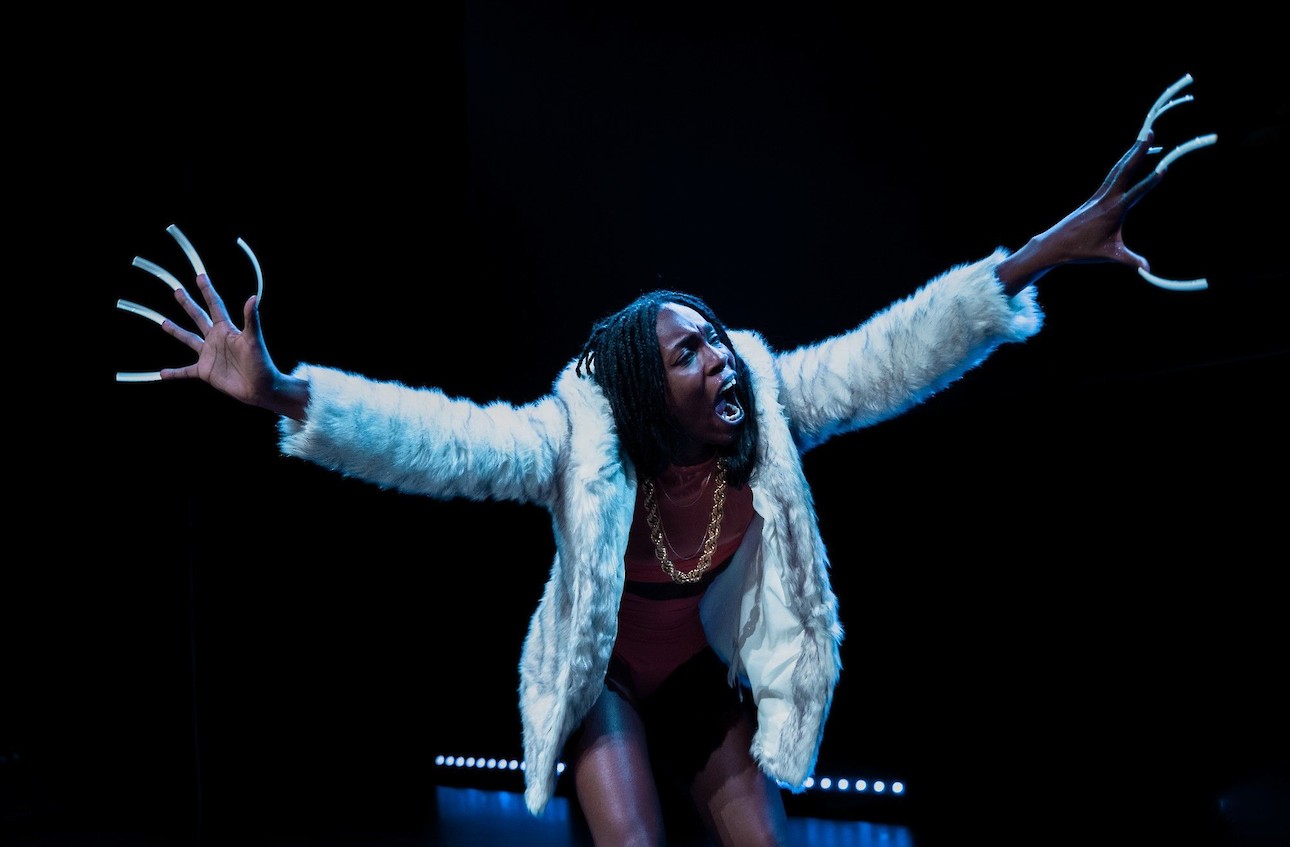
- SAT 13.11.2021 7:00 PM
- SUN 14.11.2021 7:00 PM
- MON 15.11.2021 7:00 PM
- Performances
- Talks
- 26.11 - 27.11.2021
- Performances
Sonya Lindfors
Cosmic Latte
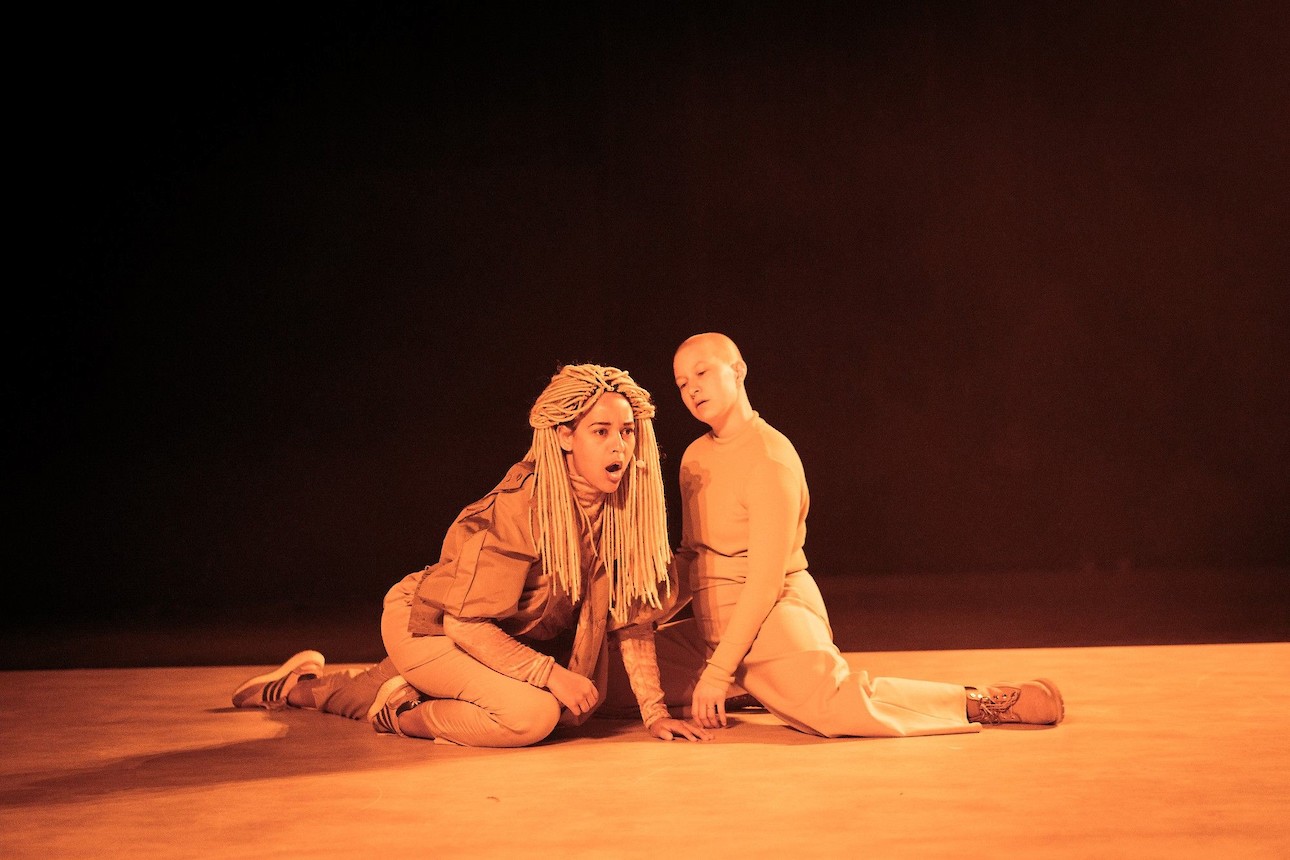
- FRI 26.11.2021 7:00 PM
- SAT 27.11.2021 7:00 PM
- Performances
- 13.11 - 16.11.2021
- Performances
- Talks
Chiara Bersani
Gentle Unicorn
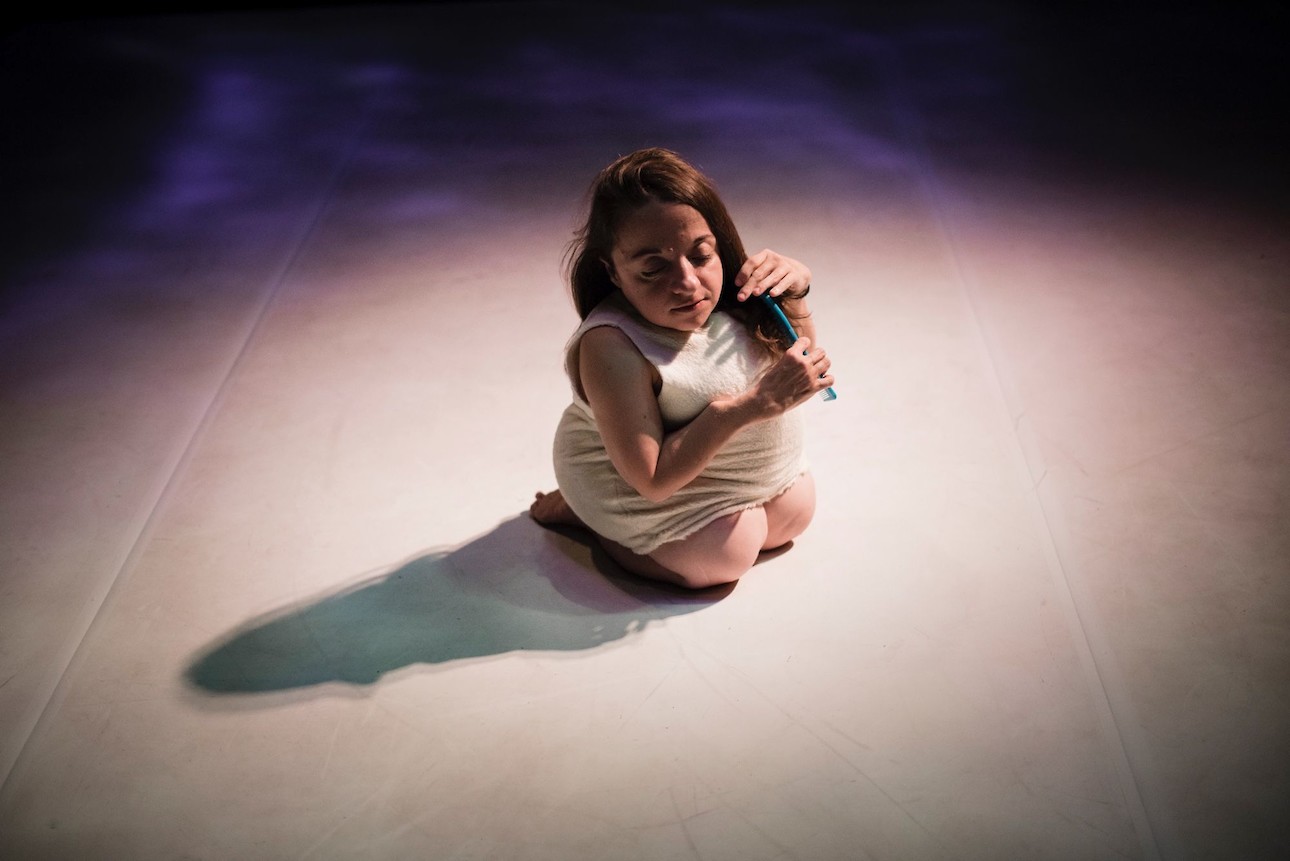
- SAT 13.11.2021 7:30 PM
- SUN 14.11.2021 4:30 PM
- MON 15.11.2021 7:30 PM
- TUE 16.11.2021 7:30 PM
- Performances
- Talks
- 18.11 - 20.11.2021
- Performances
- Talks
Gabriela Carneiro da Cunha
Altamira 2042
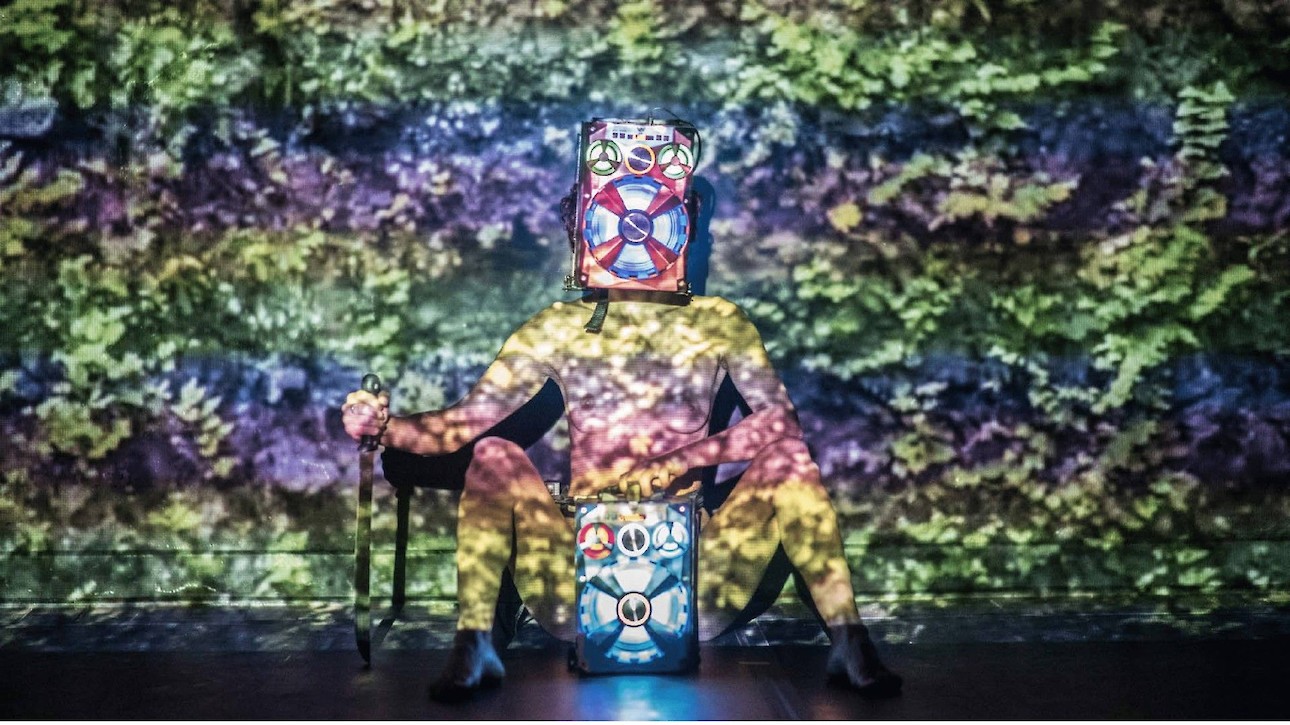
- THU 18.11.2021 7:30 PM
- FRI 19.11.2021 7:30 PM
- SAT 20.11.2021 7:30 PM
- Performances
- Talks
- 24.11 - 25.11.2021
- Performances
- Talks
Ali Chahrour
Told By My Mother
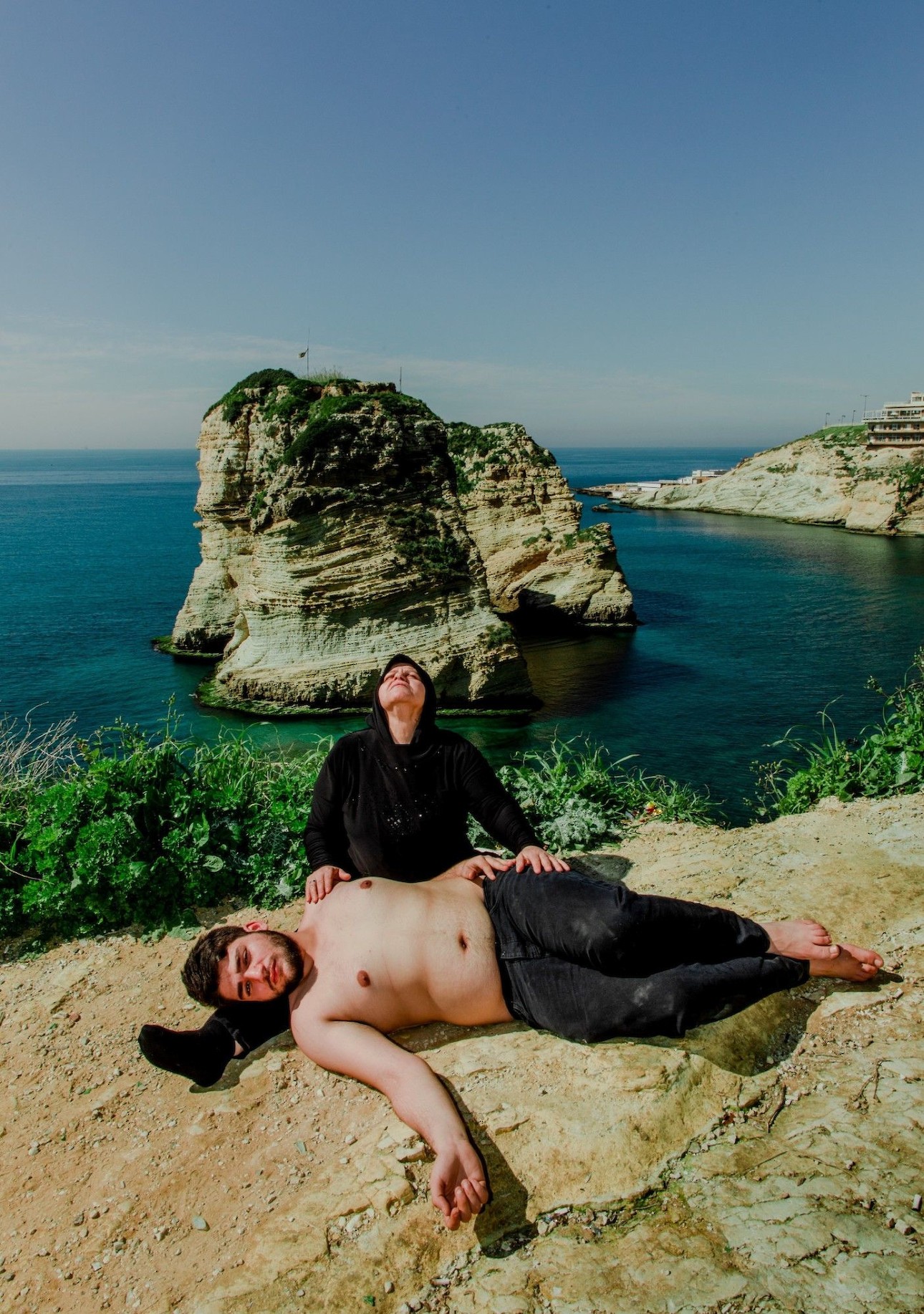
- WED 24.11.2021 7:00 PM
- THU 25.11.2021 7:00 PM
- Performances
- Talks
- 27.11 - 28.11.2021
- Ageless Dance
- Performances
- Talks
Francisco Camacho
VELHⒶS
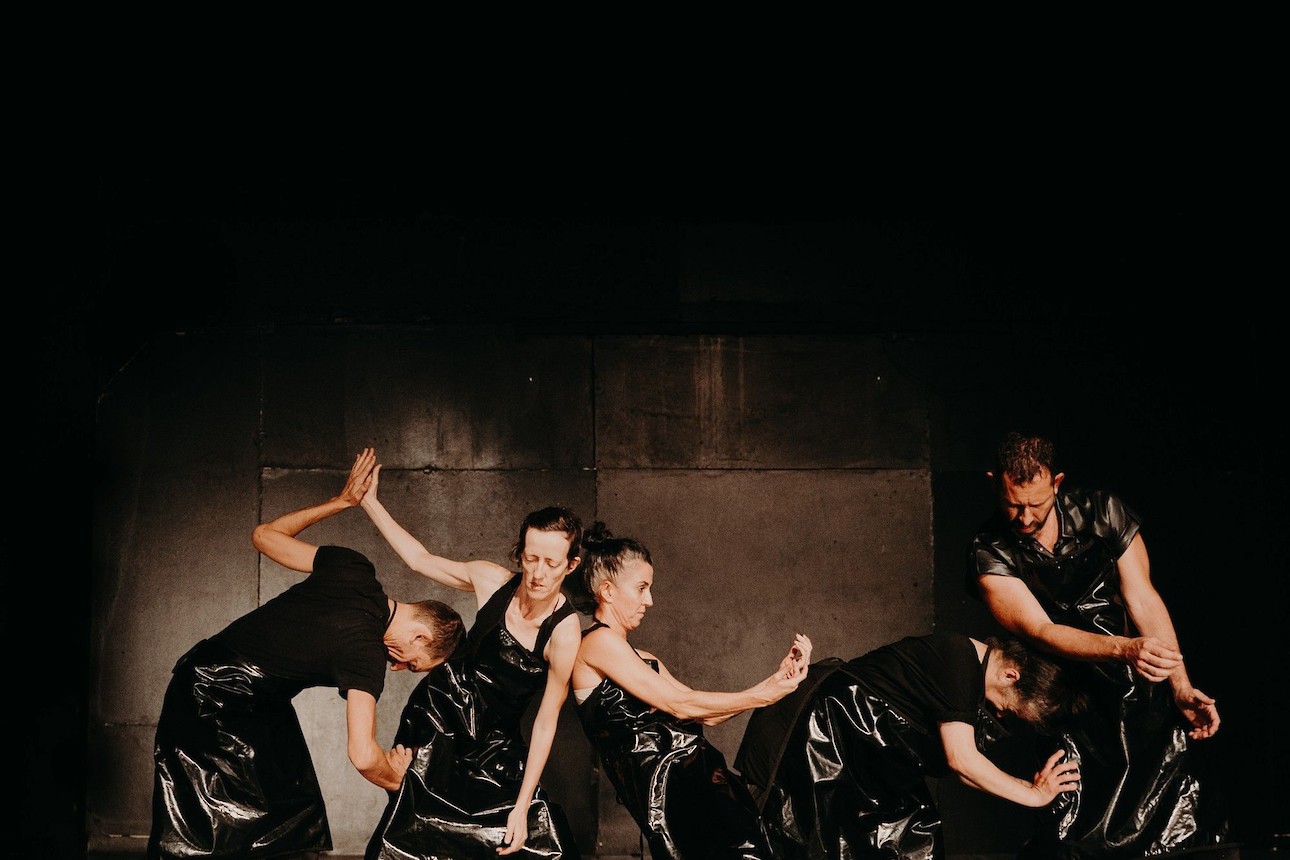
- SAT 27.11.2021 4:00 PM
- SUN 28.11.2021 4:00 PM
- Ageless Dance
- Performances
- Talks